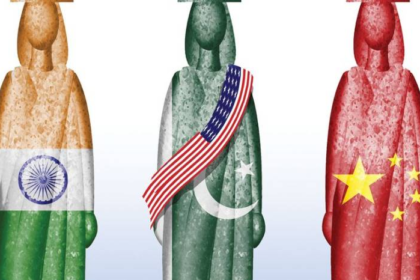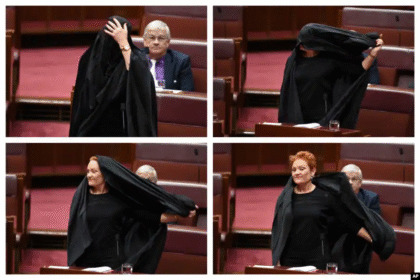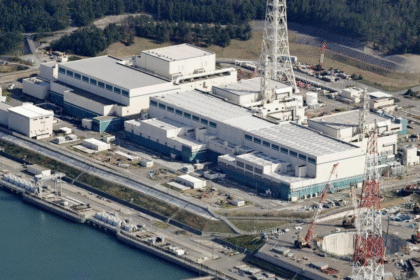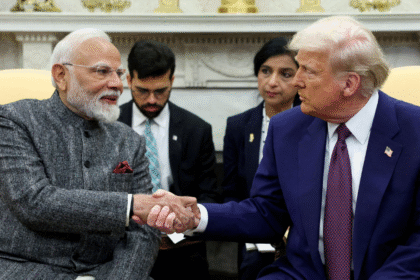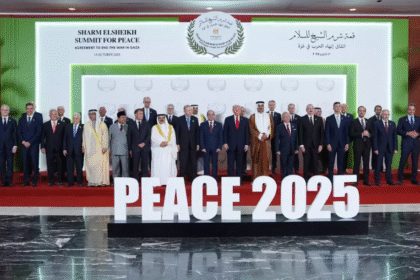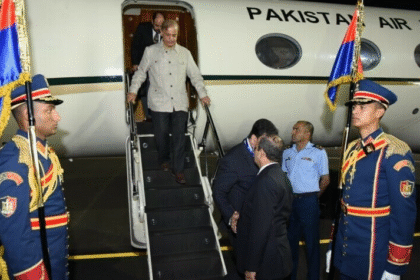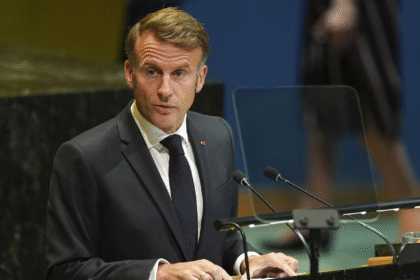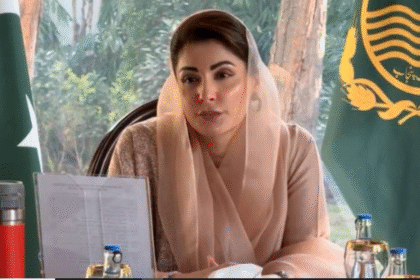A recent article in The Washington Times has marked 2025 as a pivotal year in Pakistan-United States relations, highlighting a notable shift in Washington’s strategic outlook toward South Asia. Author...
A dramatic scene unfolded in Australia’s Senate on Monday when far-right politician Pauline Hanson once again wore a burqa during a parliamentary session, triggering widespread condemnation from fello...
Japan has taken a major step toward restarting the world’s largest nuclear power plant after local authorities in Niigata province granted approval for the Kashiwazaki-Kariwa facility to resume operat...
US President Donald Trump has revealed that he cautioned Indian Prime Minister Narendra Modi against any military conflict with Pakistan, saying he told the Indian leader, “There should be no wars wit...
The United States and India have held what officials described as “productive trade talks,” with the White House confirming that Indian refiners have already begun reducing Russian oil imports by 50%....
Former US President Donald Trump has once again placed himself at the center of Middle East diplomacy, announcing what he called a “historic dawn of a new Middle East” after brokering a deal to end th...
Prime Minister Shehbaz Sharif has departed for Egypt to participate in the Sharm El-Sheikh Peace Summit, a landmark diplomatic event aimed at finalizing a peace agreement to end the ongoing humanitari...
Prime Minister Shehbaz Sharif met Sri Lankan President Anura Kumara Dissanayake on the sidelines of the 80th United Nations General Assembly, reaffirming the deep-rooted goodwill between Pakistan and ...
French President Emmanuel Macron has said that US President Donald Trump could only win the Nobel Peace Prize if he successfully mediates and ends the ongoing conflict between Israel and the Palestini...
The Punjab Cabinet, under the leadership of Chief Minister Maryam Nawaz, convened for its 28th session, endorsing a comprehensive 130-point agenda designed to elevate worker rights, modernize governan...
